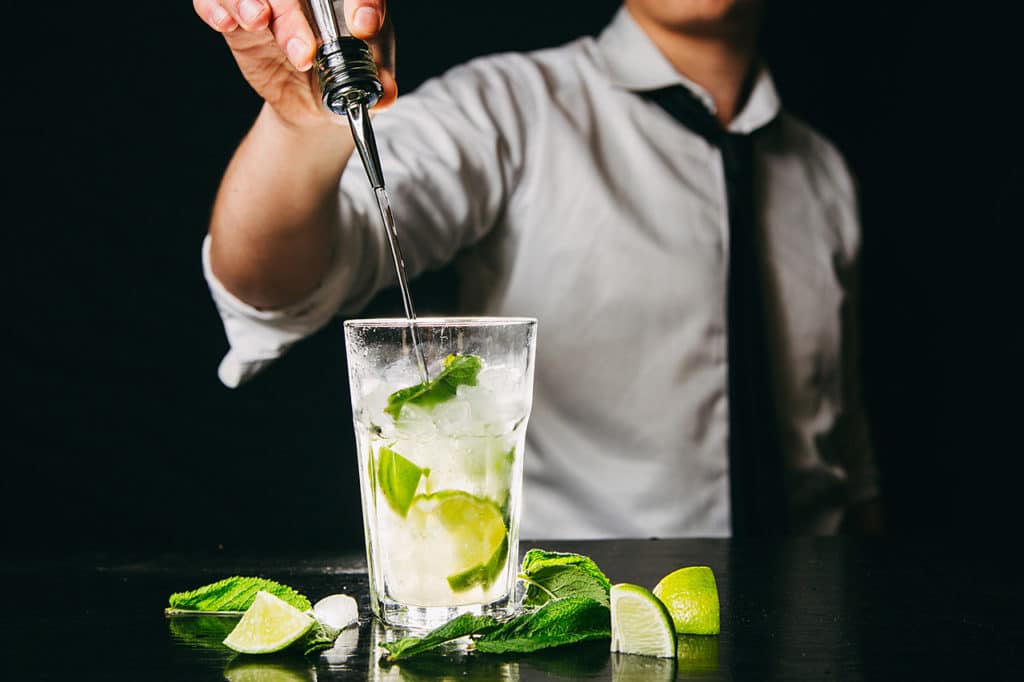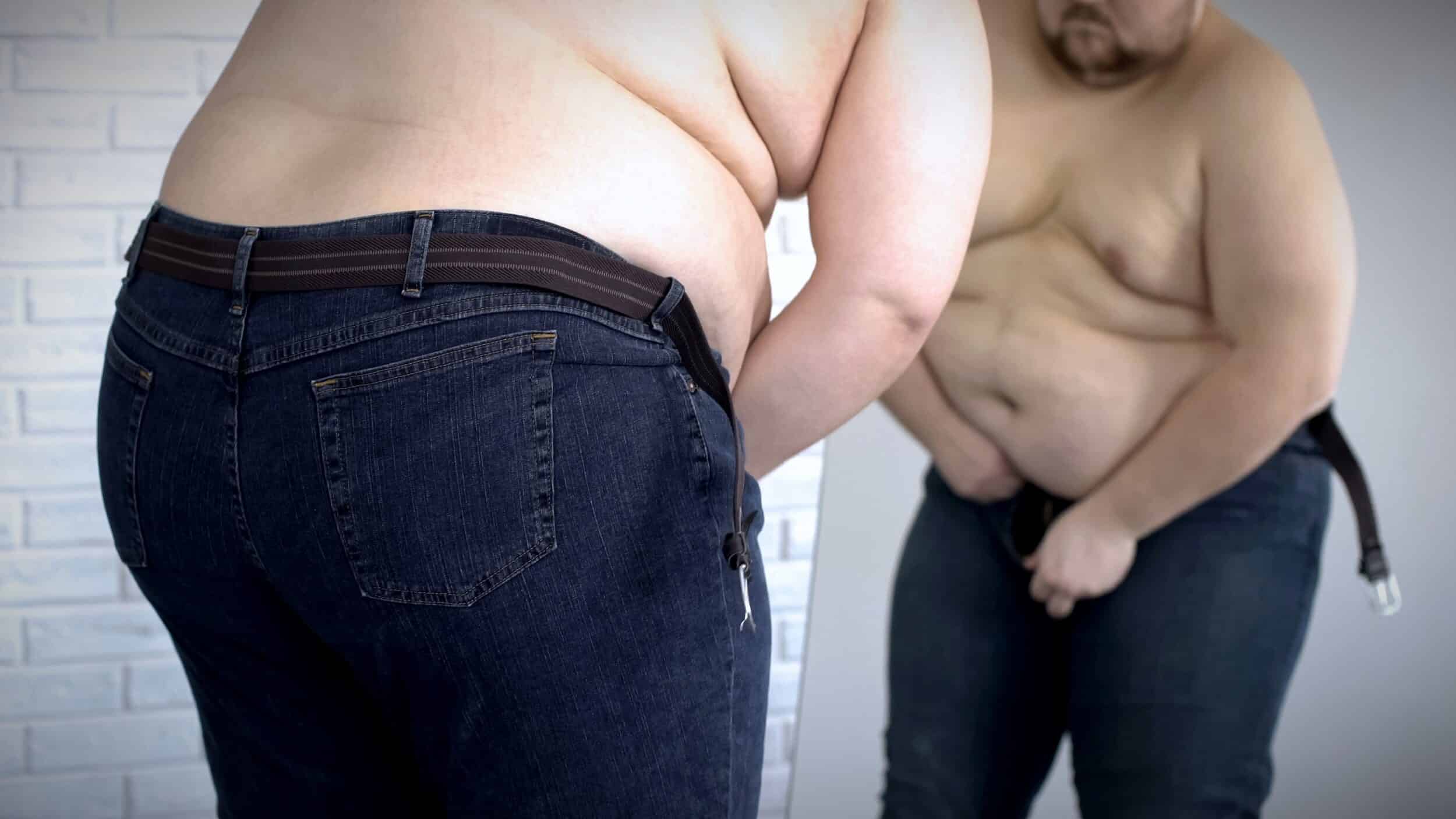After the excesses of the holiday season, many people have decided to start “Dry January” and abstain from alcohol for the entire month of January. The goal of this initiative is to get back in shape and lose the few kilos gained during the holidays. But does alcohol really cause weight gain and what are its effects on weight and health in general?
Alcohol, a source of “empty” calories
First of all, it is important to know that alcohol is a source of “empty” calories, that is, it does not contain essential nutrients for the body. Indeed, alcohol contains neither vitamins, nor minerals, nor proteins, nor essential fatty acids. However, it provides a significant amount of calories, which can contribute to weight gain if they are not balanced by a healthy diet and regular physical activity.
According to a study published in the Journal of the Academy of Nutrition and Dietetics, excessive alcohol consumption can lead to weight gain, particularly in women. This weight gain is mainly due to the “empty” calories provided by alcohol, which can easily accumulate if they are not burned by the body.
The hidden calories in cocktails
Cocktails, our best friends for the evening, can contain a large amount of calories, particularly if they are sweet. Here are some examples of calories contained in different cocktails:
- A glass of vodka tonic: about 200 calories
- A mojito : about 250 calories
- A daiquiri: about 300 calories
- A Margarita: approximately 350 calories
- A Long Island Iced Tea: approximately 500 calories
- A White Russian: approximately 550 calories

These numbers can vary depending on the amount of alcohol and sugar contained in each cocktail or spirit. Therefore, it is important to monitor your consumption and favor less caloric cocktails and spirits if you wish to avoid weight gain. And if the numbers are not clear, 2 mojitos = a Big Mac!
The calories contained in whiskies, rums and other spirits
Whiskies, rums and other spirits can also contain a large amount of calories. Here are some examples of the calories contained in different whiskies, rums and other spirits, for about 4cl:
- A glass of whiskey: approximately 110 calories
- A glass of rum: about 110 calories
- A glass of gin: about 110 calories
- A glass of tequila: about 110 calories
- A glass of vodka: about 100 calories
- A glass of cognac: about 100 calories
These figures can vary depending on the brand and quality of each whiskey, rum, or spirit. It is therefore important to monitor your consumption and favor whiskeys, rums and other quality spirits (which will be just as caloric) and drink less of them!
The harmful effects of alcohol on metabolism and digestion
In addition to its “empty” calories, alcohol can have harmful effects on metabolism and digestion. Indeed, alcohol can disrupt the metabolism of fats and sugars, which can lead to weight gain. Furthermore, alcohol can alter digestion and cause gastrointestinal disorders, which can also contribute to weight gain.
Alcohol and Liver Disorders
Finally, alcohol can affect the liver and cause liver disorders, such as hepatitis or cirrhosis. These disorders can lead to weight gain, particularly in people suffering from advanced cirrhosis, who may exhibit a state of malnutrition and undernourishment.

In conclusion, it is undeniable that alcohol can contribute to weight gain and have harmful effects on metabolism, digestion, and overall health. However, it is important to remember that alcohol should be consumed in moderation and one should not hesitate to seek professional health advice in case of excessive consumption. And if you really want to enjoy a drink, aim for the non-alcoholic cocktails, because even if they are sweet, they will always be less caloric.
